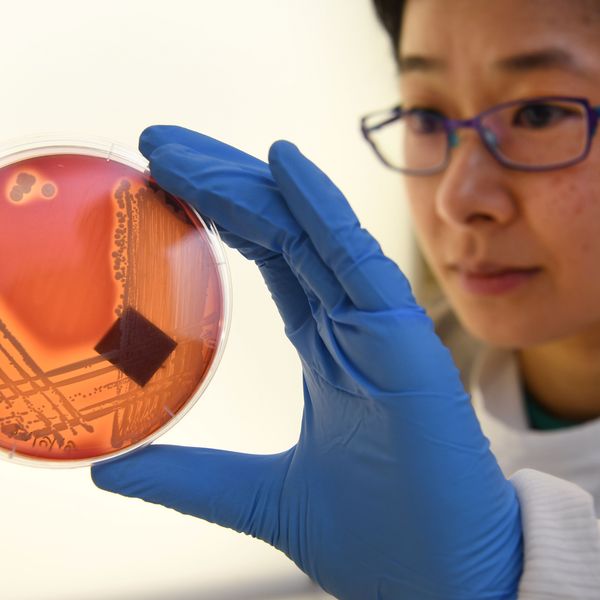A "cocktail" of human-made "pressures" are threatening insect pollinators across the world, whose decline will have "profound environmental, human health and economic consequences," according to a new report released Monday by the Insect Pollinators Initiative.
Insect pollinators such as bees provide pollination for up to 75% of crops and enable reproduction in up to 94% of wild flowering plants, meaning their current decline greatly "threatens human food supplies and ecosystem function" around the world, the group urges.
According to the study Threats to an Ecosystem Service: Pressures on Pollinators, published in Frontiers in Ecology and the Environment, the steady disappearance of these essential creatures cannot be tied to one factor, but to a multitude of anthropogenic reasons such as "the loss of food resources in intensively-farmed landscapes," pesticides, climate change, and "the spread of alien species and diseases."
Dr. Adam Vanbergen from the UK's Center for Ecology & Hydrology and science coordinator of the IPI led the review and stated:
There is no single smoking gun behind pollinator declines, instead there is a cocktail of multiple pressures that can combine to threaten these insects. For example, the loss of food resources in intensively-farmed landscapes, pesticides and diseases are individually important threats, but are also likely to combine and exacerbate the negative impacts on pollinators.
"Pollinators are the unsung heroes of the insect world and ensure our crops are properly pollinated so we have a secure supply of nutritious food in our shops," said co-author Professor Simon Potts from the University of Reading. "The costs of taking action now to tackle the multiple threats to pollinators is much smaller than the long-term costs to our food security and ecosystem stability. Failure by governments to take decisive steps now only sets us up for bigger problems in the future."
_______________________


